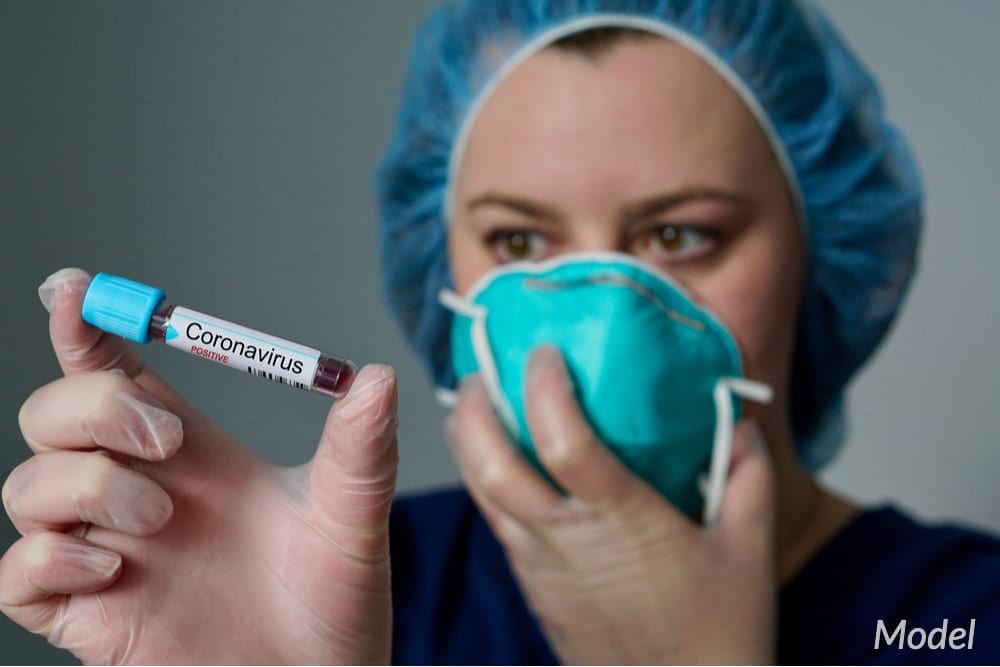
I would like to take a moment to thank all of the nurses, healthcare professionals, and doctors who have been working countless hours at hospitals over the last few days in helping battle against the coronavirus.
These select individuals always dedicated their lives to helping others. You are all heroes!
Our hearts and prayers fo out to everyone that has been affected by this unfortunate virus.
While the coronavirus has become the leading topic of conversation in the recent weeks and the cause for a global scare, the virus has been around for years.
Coronaviruses are a group of pathogens that typically affect animals; however, some strains have been known to infect humans as well.
They were first discovered in the 1960s and named as such because their shape resembles a crown. For the most part, these are usually harmless and responsible only for the common cold.
Unfortunately, some strains, such as MERS and SARS, have been severe and responsible for high death rates. The current strain, which is called COVID-19, is among these.
COVID-19 typically causes mild symptoms that resolve spontaneously without any treatment. Sadly, this potentially deadly disease has been shown to cause respiratory or kidney failure in the elderly or those suffering from other illnesses.
Typical symptoms of COVID-19 are coughing, sneezing, and runny nose. These are similar to the common flu, except with the flu, there are more body aches. For most people, staying home and getting rest is enough to recover; however, treatment should be sought immediately for more severe symptoms, such as shortness of breath.
This current strain is thought to have originated in northern China, where it was transmitted from animal to human. COVID-19 is an airborne disease, spreading when those infected either cough or sneeze and spread their pathogens through the air. This is identical to the transmission of the flu or the common cold.
Currently, the risk of being infected in the United States is extremely low. Precautions should be taken as they are during any cold and flu season. These precautions include washing hands regularly and avoiding any unnecessary contact, such as shaking hands.
It is perfectly safe to do anything you would typically do. You should not fear flying to other parts of the country, interacting with others, or going to work. Things are all activities that should be continued regularly.
Traditionally, these viruses die out as the weather warms. In the long term, I believe that coronaviruses are here to stay and will return every cold and flu season. For right now, the best thing to do is to continue whatever you do on a normal day-to-day basis, just use good hygiene.
Please note that we are taking all the necessary precautions to ensure that all our patients and staff have the highest standard of safety during this unfortunate event.
Should we feel that it is not medically safe to proceed forward with your surgery in the upcoming days, we will reach out to out patients and reschedule the procedures without any penalties and help make accommodations suitable to their needs at that time.
I know this topic can be scary and unpredictable as the media infiltrates our lives every minute of the day, but I hope this helps shed some light if even in the smallest way.